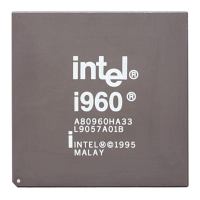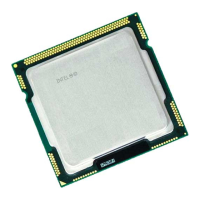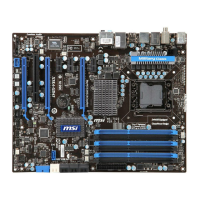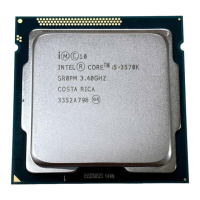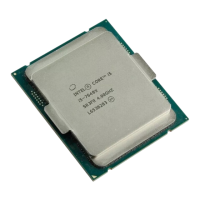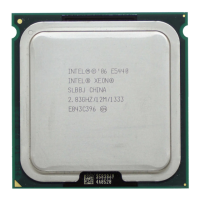gcdm Decision Maker Option
6-13
6
Module-set Specification
A module-set specification (used in substitution controls and external
reference controls, described earlier in this chapter) selects a subset of
zero or more modules from the set consisting of all eligible modules in the
program. A module-set specification has the format:
[
archive
] :
module
The following rules govern module-set selection.
1. The set of eligible modules are those linked into the program that were
compiled with the
-fdb compiler driver option (described in Chapters
2 and 3 of this manual).
2. When either of the characters
: or + appears twice in succession, that
character is quoted and the meaning is a single
: or + character.
• When a module-set contains an unquoted
: character, it is interpreted
as a pair of regular expression strings in the style of the UNIX Bourne
shell, with the string to the left of the
: matching object file archives
and the string to the right of the
: matching individual object files.
For example:
• *:* matches all eligible modules
• :* matches only eligible modules not linked in from libraries
• a:b.o matches b.o from library a, provided the module is
eligible
3. When a module-set contains no unquoted
: characters, it is assumed
to be the name of a function or variable in the program. In this case,
the module-set refers to the object file that contains the definition of
the variable or the body of the function, provided the module
containing the variable definition or function body is eligible.
4. When a module-set is empty (that is, no characters occur between the
option and the
= character) the module-set defaults to :*, which refers
to all eligible modules in the program not linked in from libraries.
